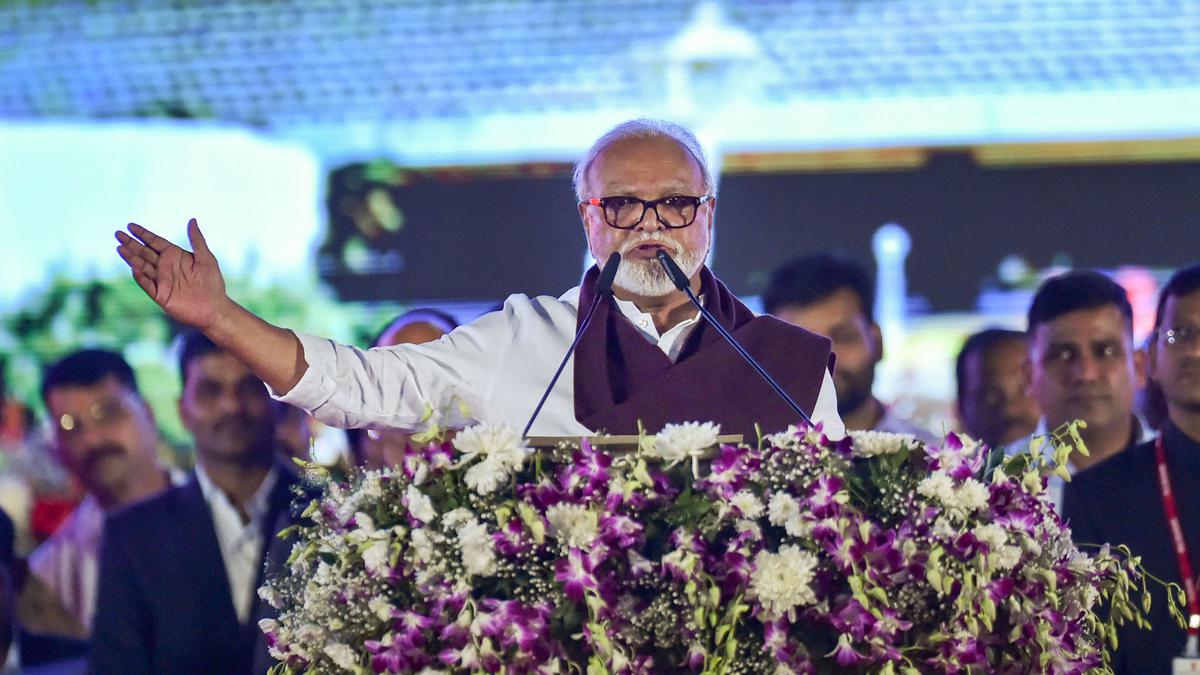
Special court reserves order on plea of Bhujbal’s kin to drop ED case
The Hindu
Special PMLA court reserves order on plea application filed by NCP leader Chhagan Bhujbal's relatives in Maharashtra Sadan scam case. ED chargesheet states Bhujbal laundered ₹291.71 cr & accomplices ₹359.30 cr. Order to be declared by Oct 13.
The special court under the Prevention of Money Laundering Act (PMLA) has reserved its order on a plea application filed by Nationalist Congress Party leader Chhagan Bhujbal’s relatives, along with other concerned parties.
PMLA judge Rahul Rokde confirmed that the decision would be declared by October 13.
The case against Mr. Bhujbal, currently serving as the Minister of Food, Civil Supplies in the Eknath Shinde-led government, stems from the Maharashtra Sadan scam, previously probed by the state Anti-Corruption Bureau (ACB).
Mr. Bhujbal, his son Sameer, and nephew Pankaj as well as Sanjay Joshi, Tanvir Shaikh, Satyen Kesarkar, and Rajesh Dharap are accused in the case. In addition to the Bhujbal family, over 50 individuals are implicated in the case.
The Enforcement Directorate (ED) case is based on the First Information Report by Maharashtra’s Anti Corruption Bureau (ACB). Since the accused have been discharged in the case by the ACB, they had sought a similar relief from the special PMLA court.
They have contended before the court that since the predicate offence has concluded, the lawsuit filed against them by the ED should not continue.
Mr. Bhujbal was arrested by the ED in March 2016 over charges of lack of transparency, irregularities in the transfer of fund, and over allegations of receiving kickbacks from the firm that built the Maharashtra Sadan in New Delhi. However, Mr. Bhujbal was granted bail by the Bombay High Court in May 2018.

The Socio Economic and Educational Survey (caste census) report, accepted by the Karnataka government on Friday, has proposed an increase in reservation to other backward classes (OBCs) from the existing 32% to 51 %. This would result in total reservation in the State going up to 85%, including 10% to the economically weaker sections (EWS) and 24% to Scheduled Castes and Scheduled Tribes.





















 Run 3 Space | Play Space Running Game
Run 3 Space | Play Space Running Game Traffic Jam 3D | Online Racing Game
Traffic Jam 3D | Online Racing Game Duck Hunt | Play Old Classic Game
Duck Hunt | Play Old Classic Game










